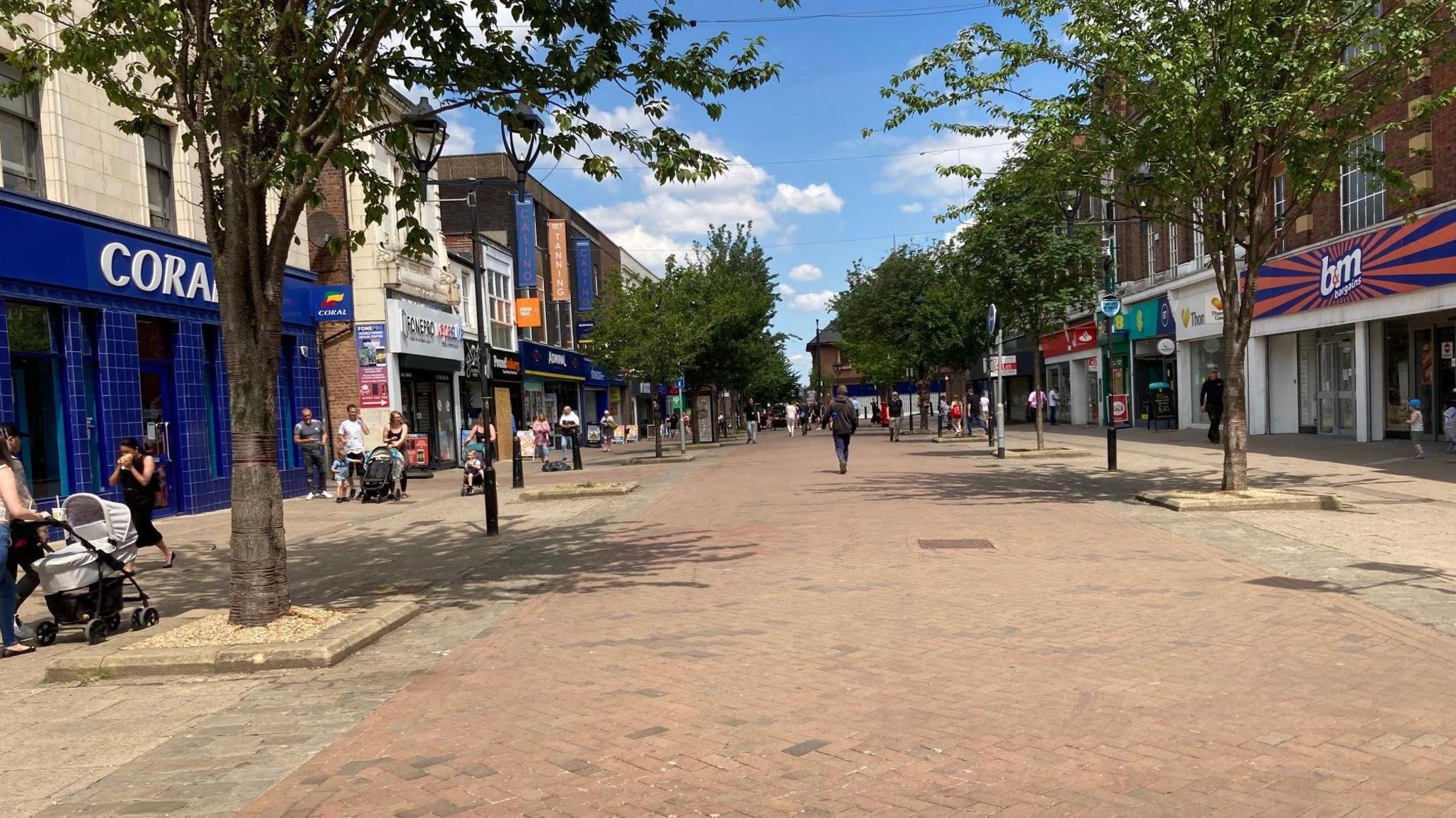Rotherham child abuse: What was the Jay Report?
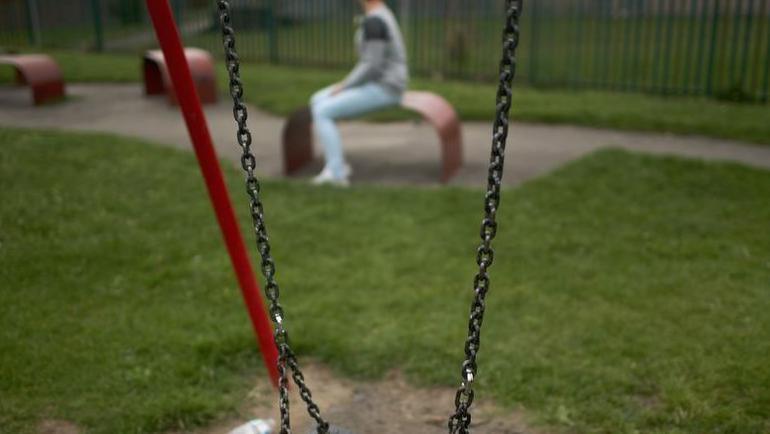
More than 1,400 girls were estimated to have been abused by men in Rotherham
- Published
Monday 26 August marks 10 years since the publication of the Jay Report, an independent inquiry into child sexual exploitation in Rotherham.
The report found at least 1,400 underage girls, some as young as 11, had been abused between 1997 and 2013 in the South Yorkshire town.
What followed were disturbing revelations about how these children had been raped, trafficked and intimidated, predominantly by men of Pakistani heritage.
The report - written by Professor Alexis Jay - criticised Rotherham Council for failing to protect the victims, and said it had not addressed the "scale" of grooming prior to 2014.
A scandal uncovered
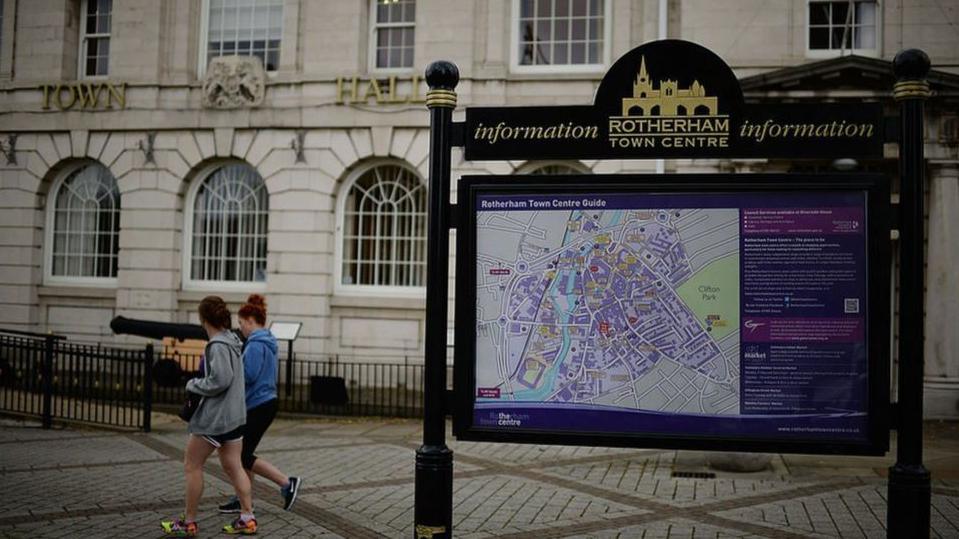
The report revealed child abuse "on an unprecedented scale"
In November 2010, five men from the town's Asian community were jailed for sexual offences against underage girls.
There were already suspicions however, that the scale of the town's problem was far more widespread.
In September 2012, journalist Andrew Norfolk published an article in The Times based on a police report about the extent of the issue.
It revealed children in Rotherham were being abused "on an unprecedented scale" by networks of mainly British Pakistani men.
Offences went unprosecuted despite police and child protection agencies in Rotherham having had knowledge of these crimes for decades, the newspaper said.
Rotherham Council, South Yorkshire Police and other agencies set up a child sexual exploitation (CSE) team to investigate the allegations raised in the article.
Prof Jay was commissioned to conduct an inquiry and the findings were revealed in August 2014.
What were the key findings?
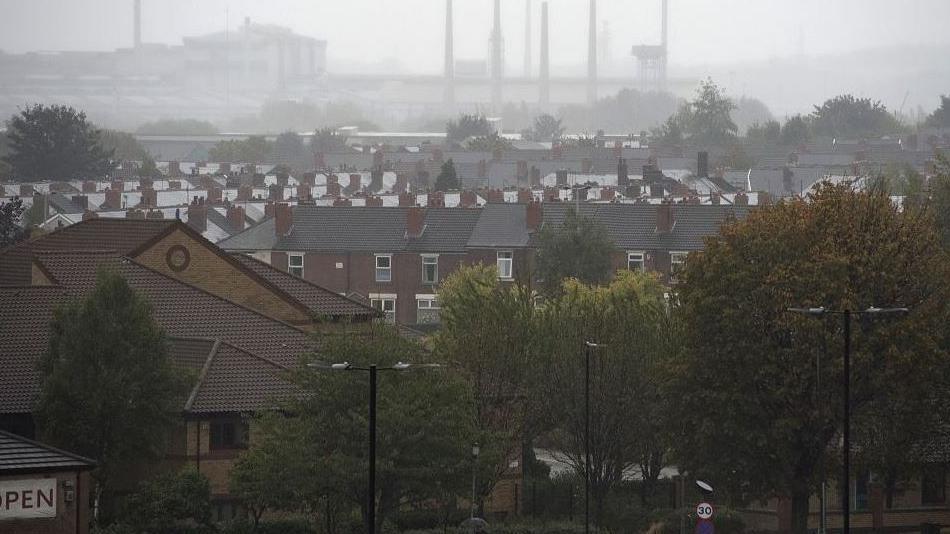
Rotherham Council was criticised for failing to protect the victims
Prof Jay described the abuse as "appalling". She found children had been raped by multiple attackers, trafficked to other towns and cities in the north of England, abducted and beaten.
Some were doused in petrol and threatened with being set alight, while others were threatened with guns, made to watch "brutally violent rapes" and warned they would be next if they told anyone.
In just over a third of cases, the victims were previously known to social services because of child protection and neglect issues.
Prof Jay wrote in her report: "By far the majority of perpetrators were described as 'Asian' by victims, yet throughout the entire period, councillors did not engage directly with the Pakistani-heritage community to discuss how best they could jointly address the issue.
"Some councillors seemed to think it was a one-off problem, which they hoped would go away."
She added some council staff described their nervousness about identifying the ethnic origins of perpetrators for fear of being thought racist; others remembered clear direction from their managers not to do so.
The report found there had been "blatant" collective failures by the council's leadership, a failure by South Yorkshire Police to prioritise the issue and said senior managers had "underplayed" the scale of the problem.
What happened next at Rotherham Council?
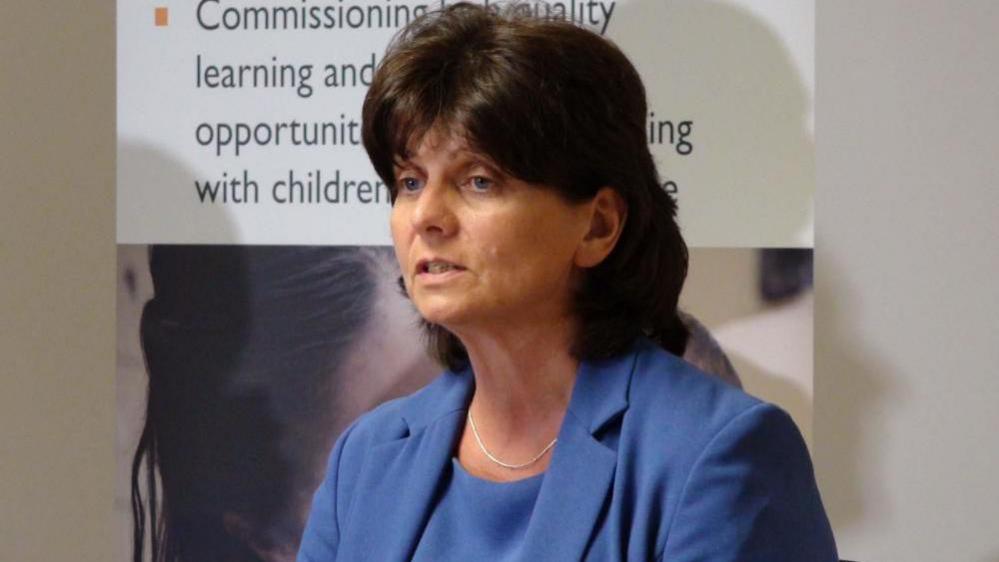
Joyce Thacker, the council's director of children's services, resigned in 2014
Rotherham Council leader Roger Stone resigned, followed by South Yorkshire police and crime commissioner (PCC) Shaun Wright, who had been responsible for Rotherham children’s services from 2005 to 2010.
Joyce Thacker, the council's director of children's services, resigned a month after the report was released.
She had been questioned by MPs at the Communities and Local Government select committee, with Simon Danczuk, Labour MP for Rochdale, saying at the time: "I questioned her at the committee and it was quite clear from that cross-examination that she'd failed the young girls of Rotherham, so I'm pleased she's gone."
Rotherham Council was later placed in special measures, with all of its powers being transferred to commissioners who were drafted in by the Department for Communities and Local Government.
Civil claims were later submitted by victims and survivors to Rotherham Council and South Yorkshire Police.
How did police respond to the Jay Report?
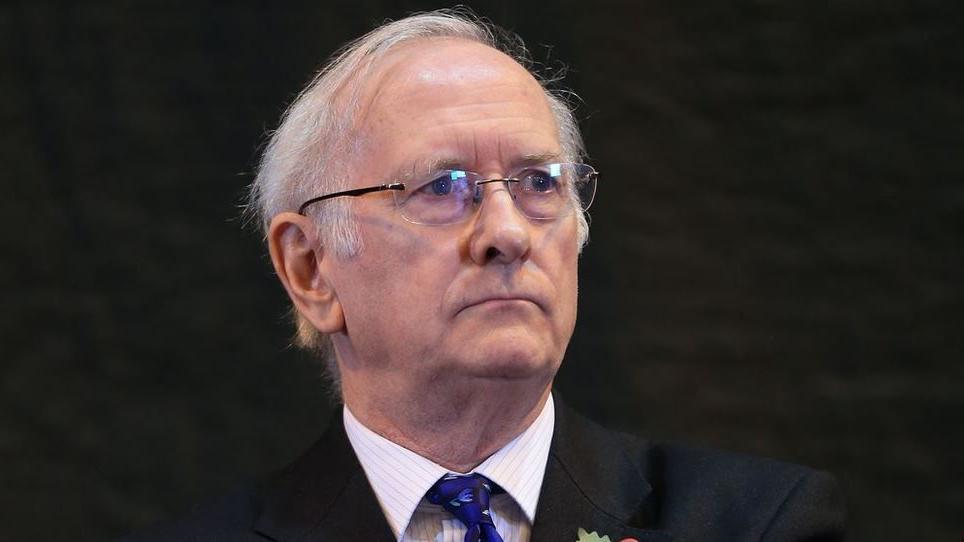
PCC Dr Alan Billings set up a victims and survivors panel
When Dr Alan Billings came into office as the new PCC in October 2014, he immediately set up a victims and survivors panel, so that he and the police could fully understand the experiences of the young girls and how services needed to change.
He also commissioned the Drew Review, in which Professor John Drew sought to establish whether South Yorkshire Police had properly understood and acted upon the findings of various reports and inspections into matters of child sexual exploitation.
He said: "I think very few of us understood the nature of grooming, the police ought to have done, but I don't think we did."
Following the report's publication, Rotherham District Commander Ch Supt Jason Harwin said South Yorkshire Police now understood "the needs and support required" by victims.
He said Dr Billings' panel was helping officers understand "what we need to do differently".
'Fundamental change'
Speaking on the report's 10th anniversary, Chief Constable Lauren Poultney said victims had "put their trust in a process where all others had failed them".
She said their bravery was the catalyst to a "fundamental change in policing".
“We now work together across all of the agencies sharing information to better protect the child," she said.
"We create profiles of CSE to identify and record emerging trends and we share versions of these with the public to inform and to improve transparency. This includes data on the ethnicity of those involved.
"We may never be able to stop child abuse in all its forms but thanks to the bravery of those who stepped forward to speak out, we will continue to make Rotherham a hostile environment for anyone intent on causing harm."
What is Operation Stovewood?
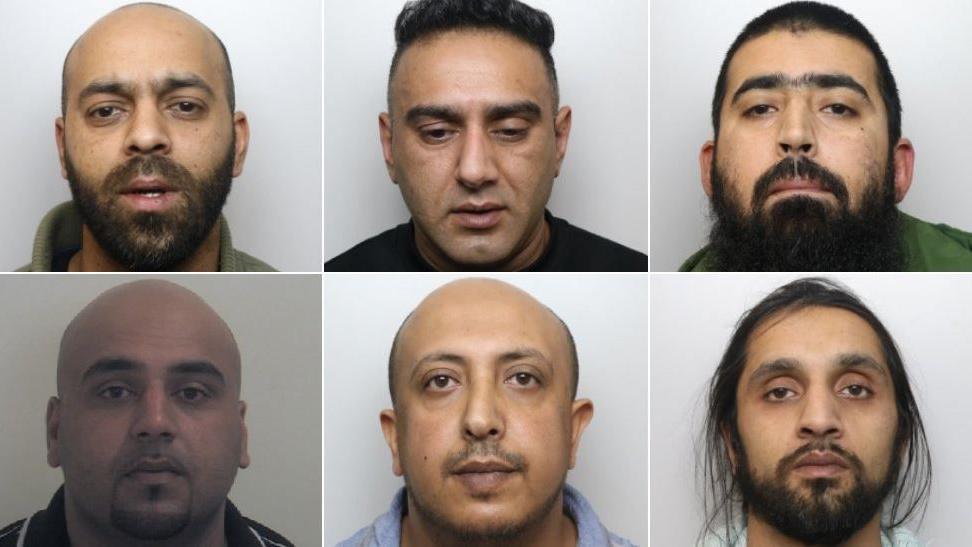
Thirty six people have been convicted, including (clockwise from top left): Iqlak Yousaf, Nabeel Kurshid, Mohammed Imran Ali Akhtar, Tanweer Ali, Salah Ahmed El-Hakam and Asif Ali
Operation Stovewood became the single largest law enforcement investigation into non-familial child sexual exploitation and abuse in the UK.
It was led by the National Crime Agency (NCA), which was formally asked to take on an independent investigation by the Chief Constable of South Yorkshire Police.
The request came as a result of the Jay Report, which found abuse in Rotherham had been ignored by agencies including the local police force.
NCA officers have identified more than 1,100 victims, and in August 2024, the number of people convicted stood at 36.
The NCA said at the end of 2023 that it would not take on any new cases as part of Operation Stovewood, though around 50 investigations remained active.
The agency said any new allegations would be dealt with by South Yorkshire Police.
Not all of the 1,100 victims contacted by NCA officers chose to engage with them or pursue complaints.
One of the most recent prosecutions was of a group of seven men who abused two girls, often collecting them from the children's homes where they lived.
Speaking when the announcement was made, Philip Marshall from the NCA said: "This does not mean we are walking away.
"We will continue to investigate in the cases we have already opened, and victims should know we will continue to treat them as a priority."
Has anything changed?
In July 2024, Rotherham Council set out a five-year plan to protect local children from abuse.
The strategy was produced to prevent "complacency" around future harm and provide "continuing" support structures for survivors as well as early intervention and safeguarding measures.
Independent scrutineer Darren Downs said the actions of the Rotherham Safeguarding Children’s Partnership had been "highly publicised and rightly scrutinised".
He said the new strategy defined the roles and responsibilities of key partner agencies and how the council would work with the police.
Since 2017, the children's services department has been graded "Good" by government inspectors.
Listen to highlights from South Yorkshire on BBC Sounds, catch up with the latest episode of Look North or tell us a story you think we should be covering here, external.
More stories like this
- Published26 August 2024
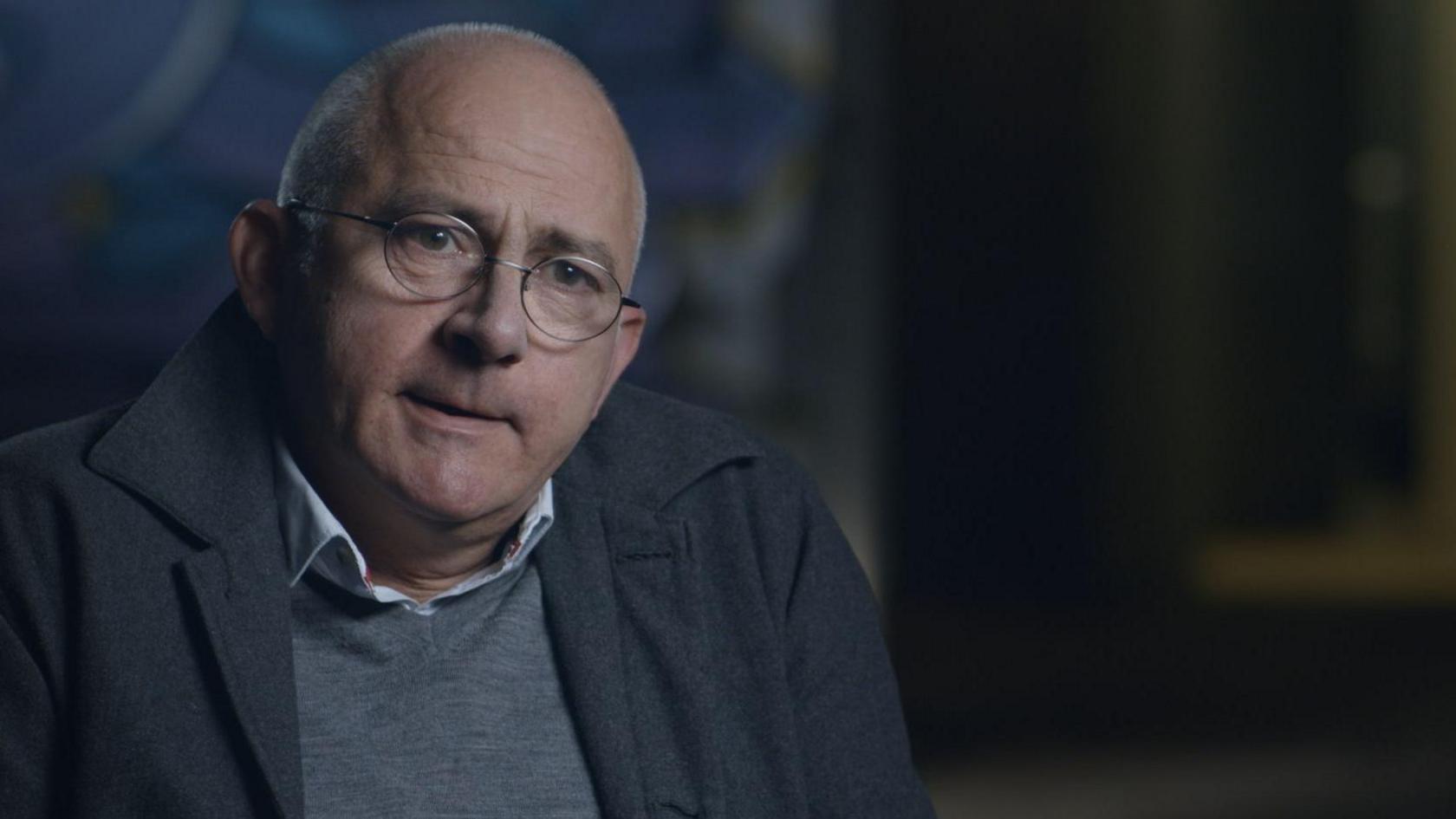
- Published26 August 2024
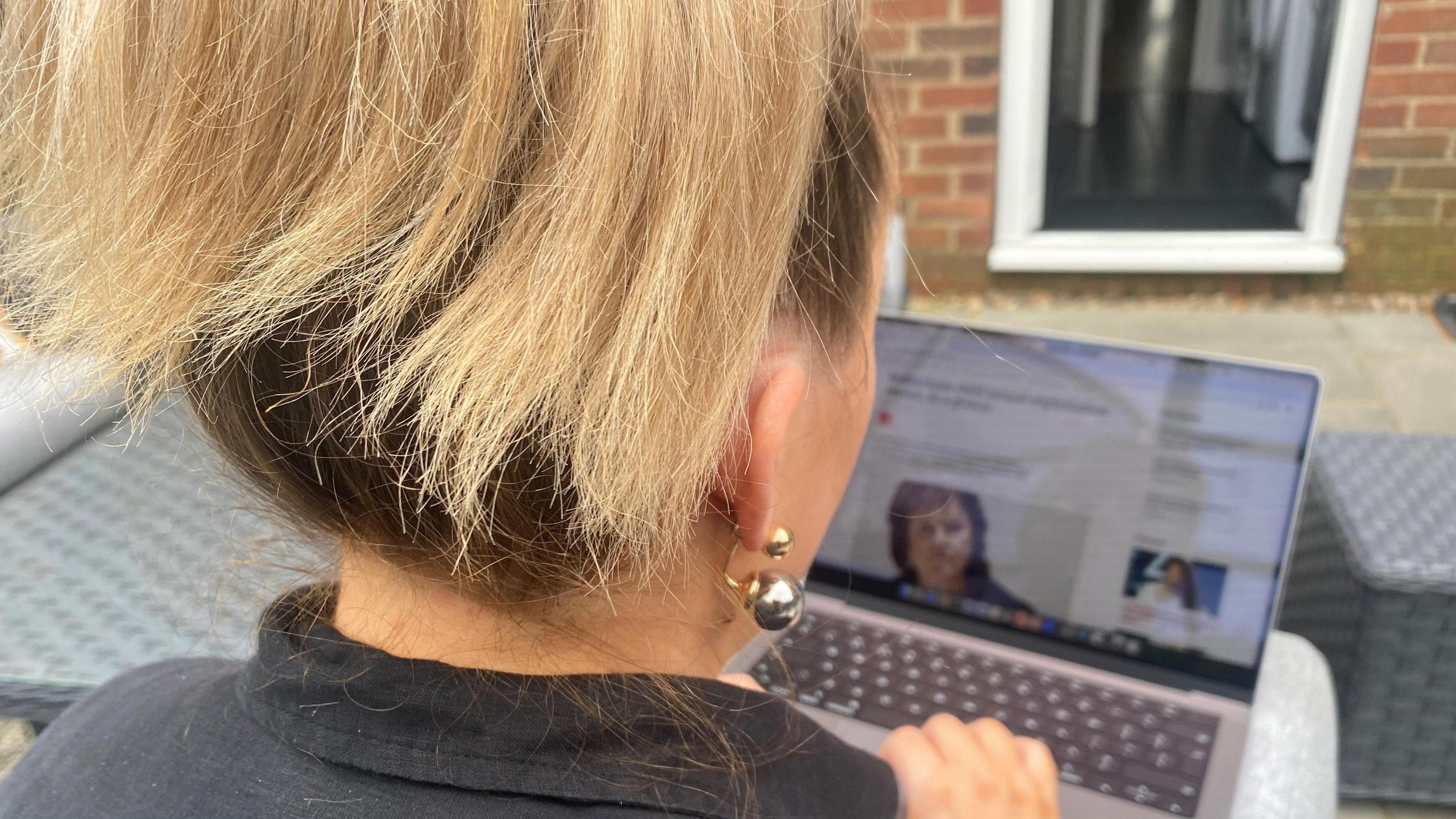
- Published5 June 2024
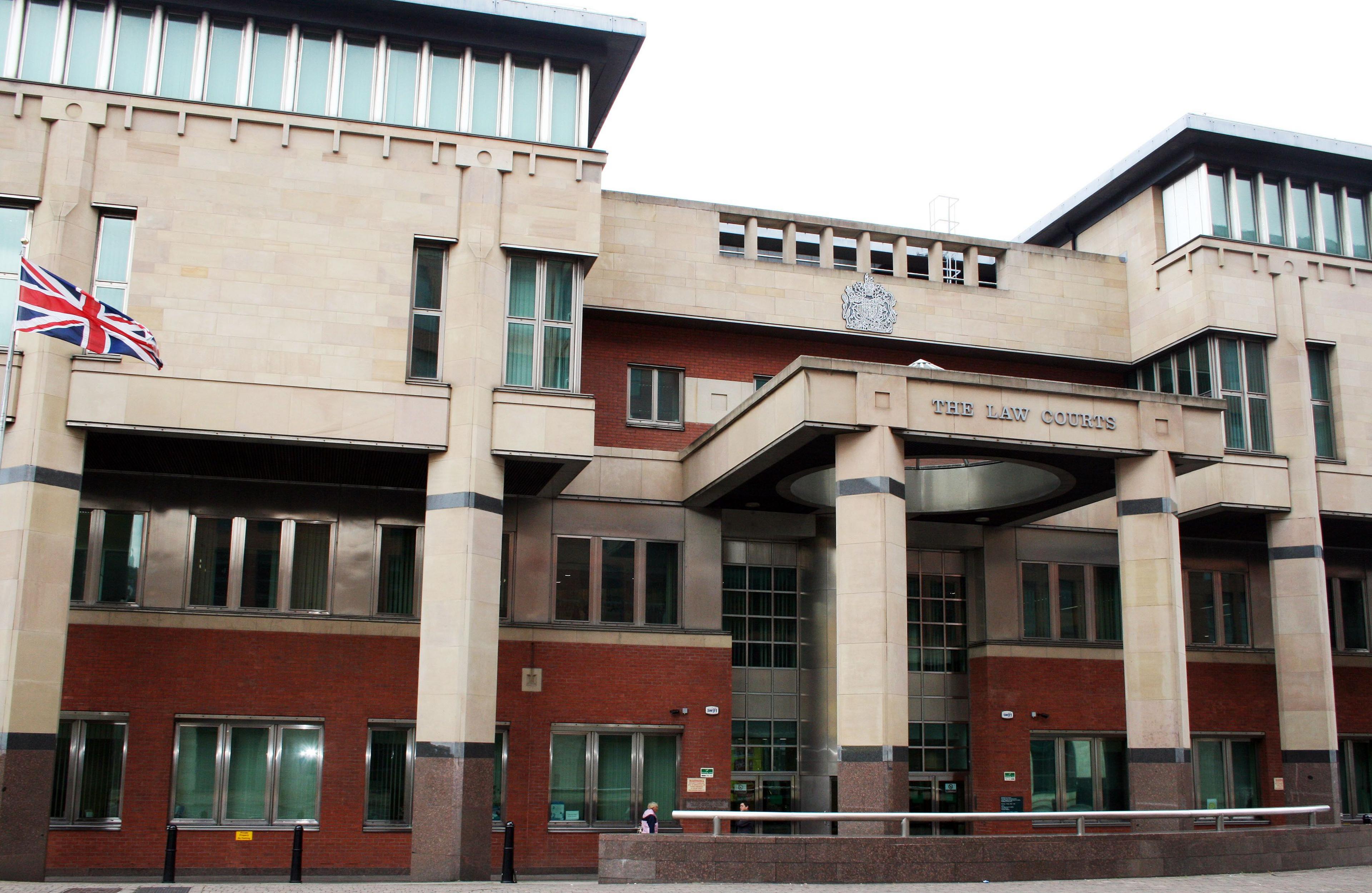
- Published28 November 2023
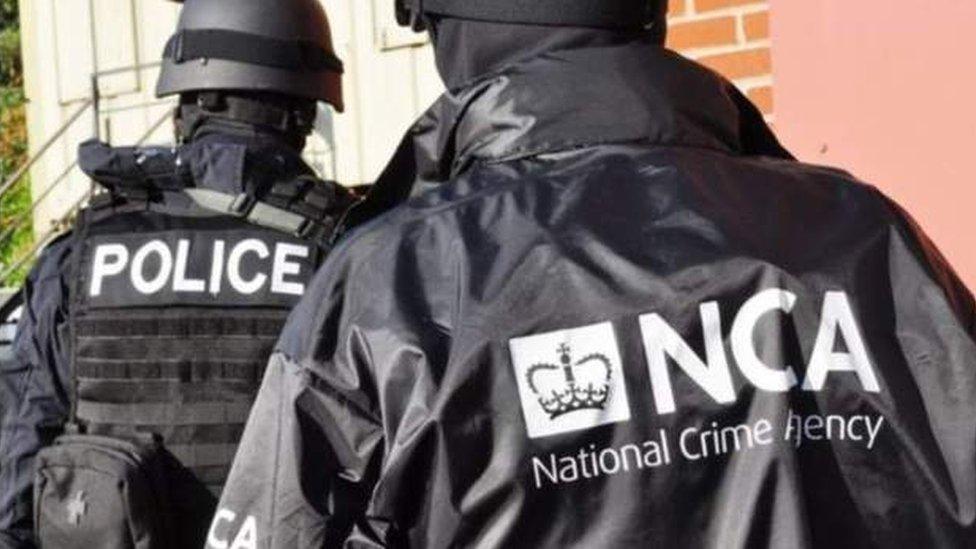
- Published23 July 2024
